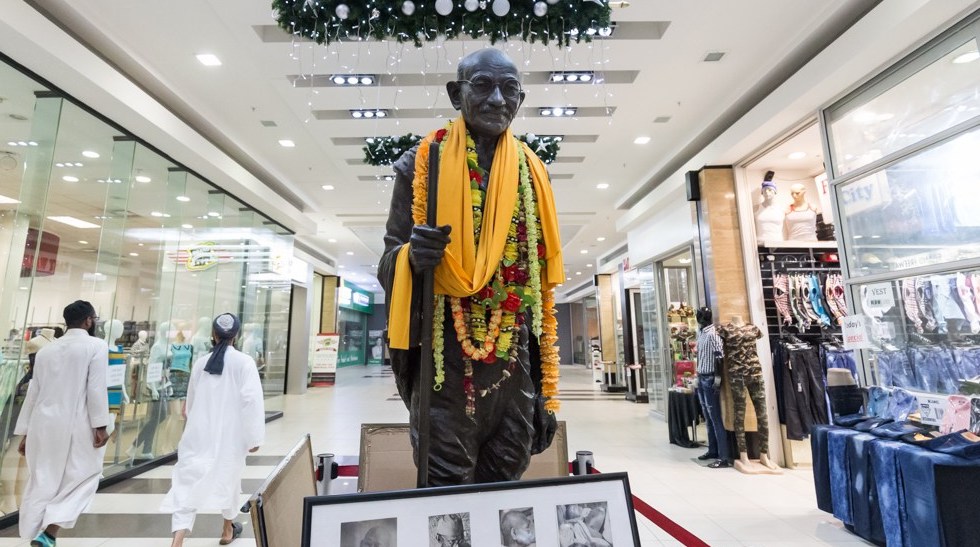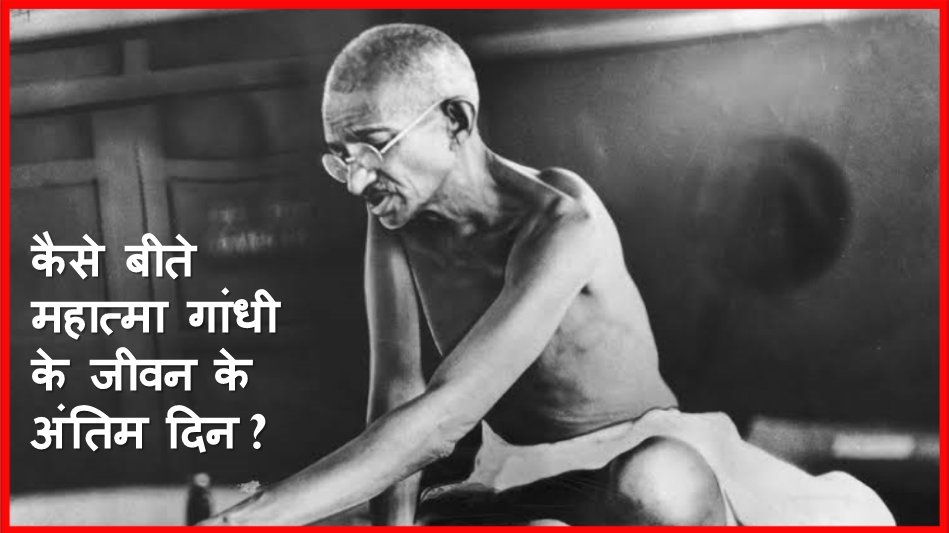It has become a well-worn cliché that ‘India is one of the youngest countries in the world’. This assertion of a demographic fact is intimately intertwined with terms such as, ‘demographic dividend’, ‘new India’, ‘emerging India’, among others, which are then related to the discourse of India aspiring to become a ‘superpower’. However, the question remains that, what do we mean by being young? Is it just a signifier of a person’s age- a demographic positioning? Or it is an attitude of existence which makes someone young? Often, it is believed that age determines the attitude that a person carries. Hence, youth is not just a description of one’s age but also an attitude towards life. Moreover, the youth is a source of expectation and anxiety for society as the category ‘youth’ lies at the cusp of social change and social reproduction. There is an idealism of progress and change built into the idea of being young. I would argue that the ideas of being young – being the agent of change and progress – need to be critically reconsidered in the present context. We live in violent times. The seductions of the market (the aspirations and false needs it creates), the rise of hyper-masculinist nationalism (demands for machismo it makes on the youth) and the socio-economic constraints to fulfill these demand and aspirations have been able to create a young population which is highly aspirational, extremely angry and deeply anxious about his/her own self and future.
In such a violent scenario, where the ‘youth’ as a neoliberal subject (with an insatiable urge to accumulate) and as an agent of hyper-masculine nationalism marching aggressively to stamp its authority over the world, if I think about possibilities in youth’s engagement with someone like Gandhi and his ideas of Satyagraha and Swaraj, I run the risk of being called an idealist or utopian. If not impossible, it is not easy to meaningfully engage with Gandhi today. The official discourse has either used Gandhi as a sacred symbol beyond the realm of debate and discussion or reduced Gandhi to a bunch of rituals and a brand ambassador for Khadi India. In the political sphere, on the one end, the dominant Hindu-Right wing has always demonized Gandhi as the person who emasculated Hindus and led to the partition of India. However, they still appropriate Gandhi (without engaging with his ideas and politics) as a garb to hide their jingoism. On the other side of the political spectrum, the leftist political formations have always seen Gandhi as a traditionalist and an obstacle in the linear march of history towards communism. The Ambedkarites suspect the genuineness of Gandhi’s ethical politics and look at him as an opponent of Babasaheb who restricted the annihilation of caste. The political appropriation and vilification of Gandhi have led to a scenario where Gandhi is not more than the statues and portraits that mark the streets and government offices of India or Gandhi’s ideas are seen to be obsolete and impractical in the present context. Nevertheless, I evoke the ideals of being young – having the energy and capacity to critically look at the society and make efforts to change it – to critically engage with Gandhi and his ideas in these dark times to regenerate his ideas and rediscover Gandhi from the shackles of ritualization and political vilification. I believe that Gandhi is more relevant today than at any other time. Gandhian ideas provide a subversive lens to grapple with the present pathology of modernity, nationalism and violent existence. Embracing Gandhi can provide some direction to the anger and anxiety which is crippling the ideals of being young.
I would look into the following four ideas which emerge from Gandhi’s praxis that can be critically negotiated in present times: 1) the socio-political necessity of trust 2) the critique of masculine existence 3) the regeneration of the reflective self 4) the art of resistance.
- We have lost the capacity to trust. In times when mistrust determines our everyday lives, Gandhian politics of trust seems like a farfetched dream. The rampant increase in hate crimes and communal violence reflects the utter lack of trust in our country. When the rational sensibilities of the modern age reach its pathological extreme it does not have any regard for the affective coexistence and it breeds mistrust and competition as the way of life. This mistrust is not only expressed in communal violence but also through increasing surveillance of our daily life. The aggressive securitization of the nation-state is the expression of mistrust at the national level. Mistrust leads to fear of the ‘other’- the unknown. This fear leads to violence against the religious minorities, refugees, migrants and ‘others’ who cannot be trusted. This mistrust has been internalized by the youth who can be seen engaging in acts of violence against the ‘other’ in the name of the religion, cow, nationalism, caste, and ethnicity. The fear of losing out that the neoliberal regime induces which is then exacerbated by the jingoistic nationalism feeds on the lack of trust in the society to construct an extremely violent form of existence where physical violence is just around the corner.
Gandhi is among the very few thinkers who realized the importance of trust which cannot be guaranteed by the secular laws of the modern state because the modern nation was itself build upon the idea of competition and mistrust among other nation-states. Gandhi’s efforts to build trust between the Hindus and Muslims during the freedom struggle might have failed with the violence of partition, however, it remains a constant reminder for us to build a nation on the strong foundation of trust rather than on the swampy ground of mistrust and fear. Gandhi writes in Young India, “I believe in trusting. Trust begets trust. Suspicion is fetid and only stinks. He who trusts has never yet lost in the world”. We need to establish the ethics of trust in society. The laws of the secular laws need to be aided with the societal will to move towards a future where trust rather than mistrust determines our existence. Building trust is a pedagogical exercise, which is long and arduous. However, as a nation flexing its muscles in the name of the young population, we need to realize that there is an urgent need to find spaces for trust-building exercise in our society.
- We live in times when hyper-masculine nationalism has become a hegemonic discourse radically perpetuating the ideas of violent masculinity among the youth in our country. The increasing demand for machismo placed on the young population by the current discourse on nationalism adds to the already asymmetrical gender ideals of the modernity. The urge to prove oneself ‘masculine enough’ has led to the increasing violence against women and other communities which are sexualized by the discourse of nationalism. In these times we need to engage in a dialogue with Gandhi on the pathology of masculinity for the self and the nation. The decentering of gender ideals that Gandhi experimented with during the freedom movement tried to add positive value and strength to the feminine ideas of existence while denouncing masculinity and nation built on ideas of violent masculinity. The gender anxiety that the youth is suffering during the present times needs Gandhian experiments with feminity to reflect upon the jingoistic nationalism and self-making process.
- The extreme extent to which market and social media have penetrated our lives that we tend to unconsciously play to the tunes of the market. The self-fashioning in the present context reflects the demands that the market and technology puts on us. The idea of Swaraj propagated by Gandhi was not just a claim for the native rule but a much more radical idea claiming the complete control of one’s life – the self-rule over oneself. This idea of self-fashioning under the constrains of colonial rule was the call and assertion that real freedom can only be achieved when we have control over our own self untainted by colonial logics of domination. In current scenario when are increasingly losing control over our lives the idea of Swaraj urges us to reflect and introspect to forge a new politics of self to rediscover the self- as a thinking, willing, non-violent and imaginative self. In times when bio-politics in the Foucauldian sense has reached its logical extreme through technological advancement Gandhian politics of self provides an arena to subvert the state’s growing control over our bodies and lives.
- It is not one-way traffic for hyper-masculine neo-liberal nationalism as there is a plurality of resistance to its onward march in which the leading role is being played by the young leaders. However, the resistance often gets implicated in the same logic of violence and dominance that they are resisting against. The art of resistance that Gandhi espoused and experimented with are most relevant today when we are dealing with the rise of violent right-wing politics and increasingly violent market logic of accumulation. Gandhi showed the strength and effectiveness of non-violent resistance against the brutal colonial regime. Gandhian art of resistance entailed a non-violent engagement with violence in our everyday life to construct a non-violent form of existence. Gandhian resistance was not an event of resistance against violence and oppression but a Gramscian counter-hegemonic form of constant opposition to the logic of the oppressor. The ‘soul force’ against the ‘brute force’ of the oppressor was not just an idealist imagination of resistance but a concrete practice of resistance which entailed a process of non-violent self-making along with the opposition to the domination. The logics and sensibilities of dominance that become part of our being under domination need to be acknowledged and addressed along with the resistance to the external forms of domination.
I do not suggest that Gandhi’s politics and ideas were beyond questioning or apt for today’s times rather I argue that Gandhi and his ideas are extremely relevant in the present context. I just argue that being young is not about being fashionable and dancing to the tunes of the market, society and the state. The ideals of criticality, energy, agency, and change which reflect the attitude and attributes of being young could develop an emancipatory politics through its engagement with Gandhi. I urge the ‘youth’ who often get mediated access (through social media and different political ideologies) to Gandhi and his ideas to critically engage with Gandhi in the present context. I also argue against the deification of Gandhi and strive to place Gandhi in the realm of everyday politics where he really belongs. The domain of secular politics along with other political ideologies and political formations desperately needs the ethical politics of Gandhi.
Kunal Nath Shahdeo, currently pursuing my PhD in Sociology from Department of Humanities and Social Sciences, IIT Bombay.








